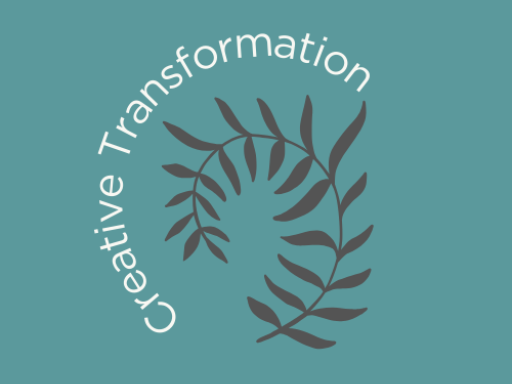In the film ‘You’ve got Mail’, the character Joe Fox of Fox Books goes to visit Kathleen Kelly of the Independent Book Store ‘The Shop Around the Corner’, to tell her that forcing her to close her store was ‘not Personal, it was Business’. Her reply ran something along these lines: ‘What do you mean it was not personal? It was personal to me. And whatever anything else is, it ought to BEGIN by being personal.’
The World of Business likes to think of itself as being very Left Brain focussed – analytical, detailed. However, recent Neuroscience suggests that our world is focussing too much on the Left Brain, and ignoring the Right Brain at its peril – losing the bigger picture, creativity and spontaneity. It also suggests that rather than decision making being a critical, analytical process, our decisions are most often driven by emotion, thereby giving some explanation as to why a judge listening to a difficult case, is far more likely to return a positive verdict after lunch, when his hunger is satisfied, than he is before lunch when his hunger is dictating how his brain is focussed.
While many companies claim to award contracts on the basis of variables such as pricing and skill sets, the truth may often be that they felt more comfortable and relaxed with one set of providers than another, even if, on paper, their bid was less palatable than some of those rejected.
In the Business of Coaching, various labels are now bandied about, such as ‘Business Coaching, Executive Coaching, Performance Coaching’. I would argue that these are merely labels, and that the principles of coaching remain the same whether dealing with a High Flying Business Executive who is dealing with multi-faceted business issues, or a mother who wants to know how to motivate her children to help clean the house!
Every Business Executive is as much a person as is a mother who has chosen to stay at home to support her children, or student who is dealing with the challenges of moving from home to University, or office worker who doesn’t know how to deal with a co-worker whom he finds irritating.
A business decision made by an Executive who feels threatened or under pressure, could be very different from made by that same person if he/she was feeling confident and supported – both in home life and business. This fact underlines the value of coaching, be it labelled ‘Executive’, ‘Performance’, ‘Business’ or simply ‘Coaching’.
The process of coaching seeks to assist the client or coachee, to be able to work through issues and ‘problems’ (or opportunities, if you are feeling positive and optimistic), to be able to operate from a place of quiet self assurance and confidence,which enables him/her to make decisions that will be most appropriate and useful for him/herself, rather than making decisions that will make him/her feel safe and better about him/herself, but ones which perhaps do not benefit the business that he/she is in.
Daniel Goleman, in his book Emotional Intelligence, notes that really good leaders often have a lower IQ than their team, but score highly on EQ (Emotional Intelligence).
Characteristics of Emotional Intelligence are:*
- Self Awareness: the ability to realistically ‘see’ ourselves and be aware of our goals, beliefs, values, drivers, ‘rules’ (our ‘oughts’ and ‘shoulds’) and our self-talk (both positive and negative)
- Self-regulation: trustworthiness, integrity, confidence, walks the talk
- Motivation: self and others, optimistic, inspirational, passionate
- Empathy: awareness of others’ feelings, needs and concerns
- Social Skills: strong listening and & communication skills, manages conflict, centred, trusts others and ‘open’.
* copyright: D.Barnard, www.relationaldynamics1st.co.uk
Businesses are beginning to recognise the value of a Coaching style of leadership, which usually reflects high emotional intelligence. Coaching assists in the development of Emotional Intelligence, as defined above and can enable Executives to manage more effectively, and Managers to develop more efficient, empowered and happier teams.
This of course, does no harm to the bottom line!
